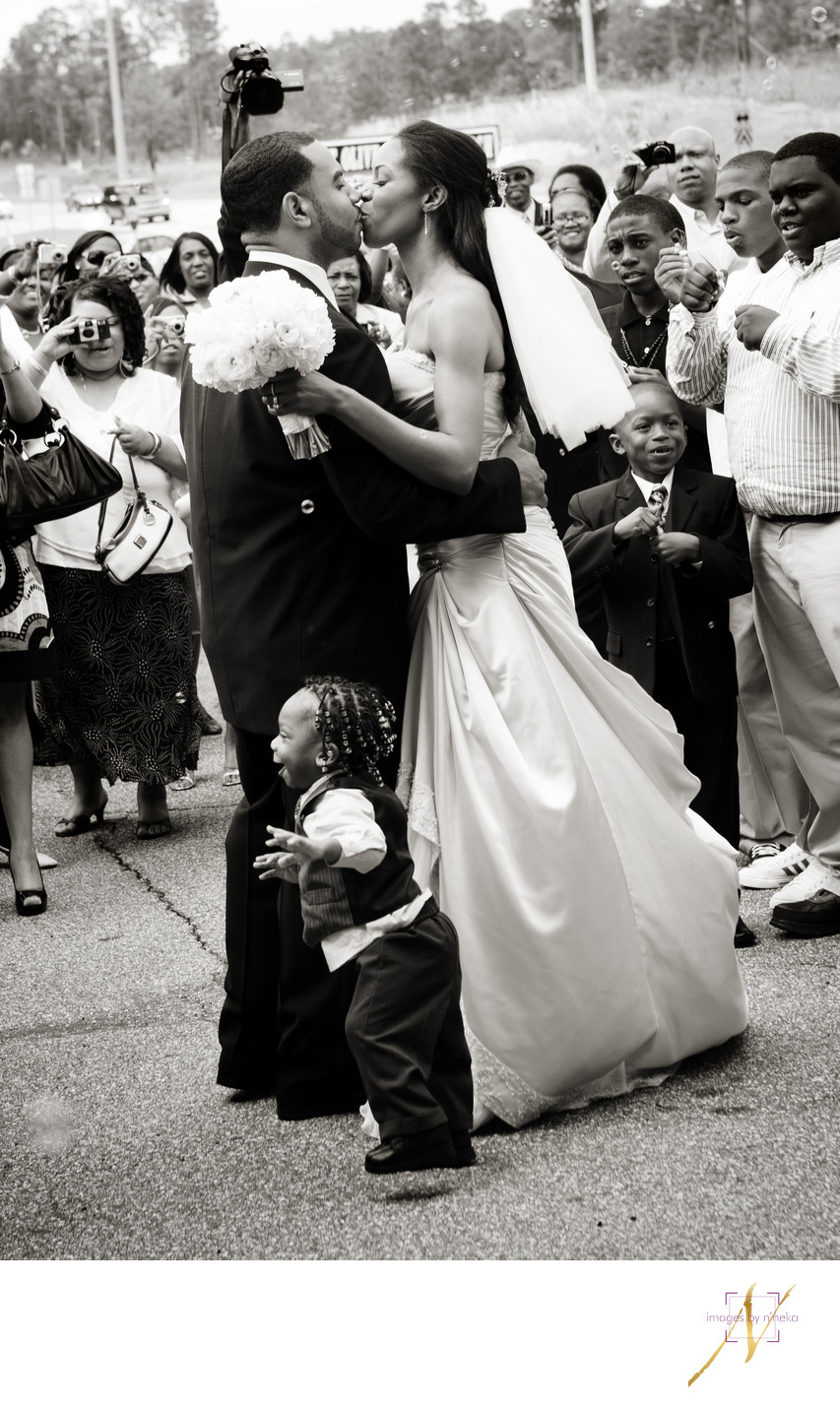
Finding the perfect wedding photographer can take months as you search different websites, Instagram, or Facebook pages. Once you have found who you think will provide the best service and capture the magical moments of your special day, it’s important that you schedule a time to sit down with them and discuss your wedding photography contract in detail. A wedding photography contract is essential to ensure there is no miscommunication between you and your photographer. It outlines what you should expect to happen on your special day, you and your photographer’s guidelines and the price. Some common things that are included in a typical contract are:
This describes the photographer's service fee. It may be listed as an hourly rate, a set fee for a set amount of time (8 hours, all days, several days). However it's stated, this is the photographer's service or creative fee. It is what you are paying for their time and talent. This fee covers many of the non-billable tasks that are required to prepare for and product your wedding photos.
It also includes the deposit or retainer fees, hourly rate for additional hours outside of the package, and travel costs, if any. Payment amounts and due dates are also listed as well as any late fees.
This part of your contract provides the details of what services included and the price. It also describes ordering timelines or when a product price increase. Make no assumptions about you will get. If an item is not stated, it's not included and will cost extra. Since weddings are often booked a year plus in advance, your photographer is guaranteeing an album or products at a set price even though the price may increase. Ordering your album late means you’ll have to pay that price increase.
Photography is a subjective art and many things outside of the photographer’s control go into creating beautiful photographs. Sometimes images are missed or quality suffers due to these uncontrollable circumstances, but the photographer cannot be held responsible. Examples are if the venue limits photographs, the environment prohibits the photographer from taking photos due to weather or lightening or makeup and appearance. It also describes your recourse if something goes wrong and you suffer damages. You should be sure to review this part of the contract in detailed.
Photographers in the United States automatically own the copyright to images as soon as they’re created so they can legally dictate what you can and cannot do with the photos. They may place some limits on how you can use them yourself. Be sure to look over and discuss how each of you will be using the photographs outside of personal use. For photographers, they often use and have the right to use your pictures for portfolios or commercial use.
We all know sometimes things don’t go as planned, and it’s best that you know what will occur if you have to change the date or need to cancel your services. Unlike what many people think, you aren’t due a refund if your event doesn’t occur because the photographer hasn’t does any work. There is a lot of prep work done before the wedding but more importantly, your photographer has likely turned away other couples for your date and is losing a significant portion of their income. Liquidated damages is a common clause included that outlines any cancellation fees so look read this thoroughly so you aren’t surprised if the unfortunate happens.
Privacy Policy | Terms and Conditions | Copyright © 2026